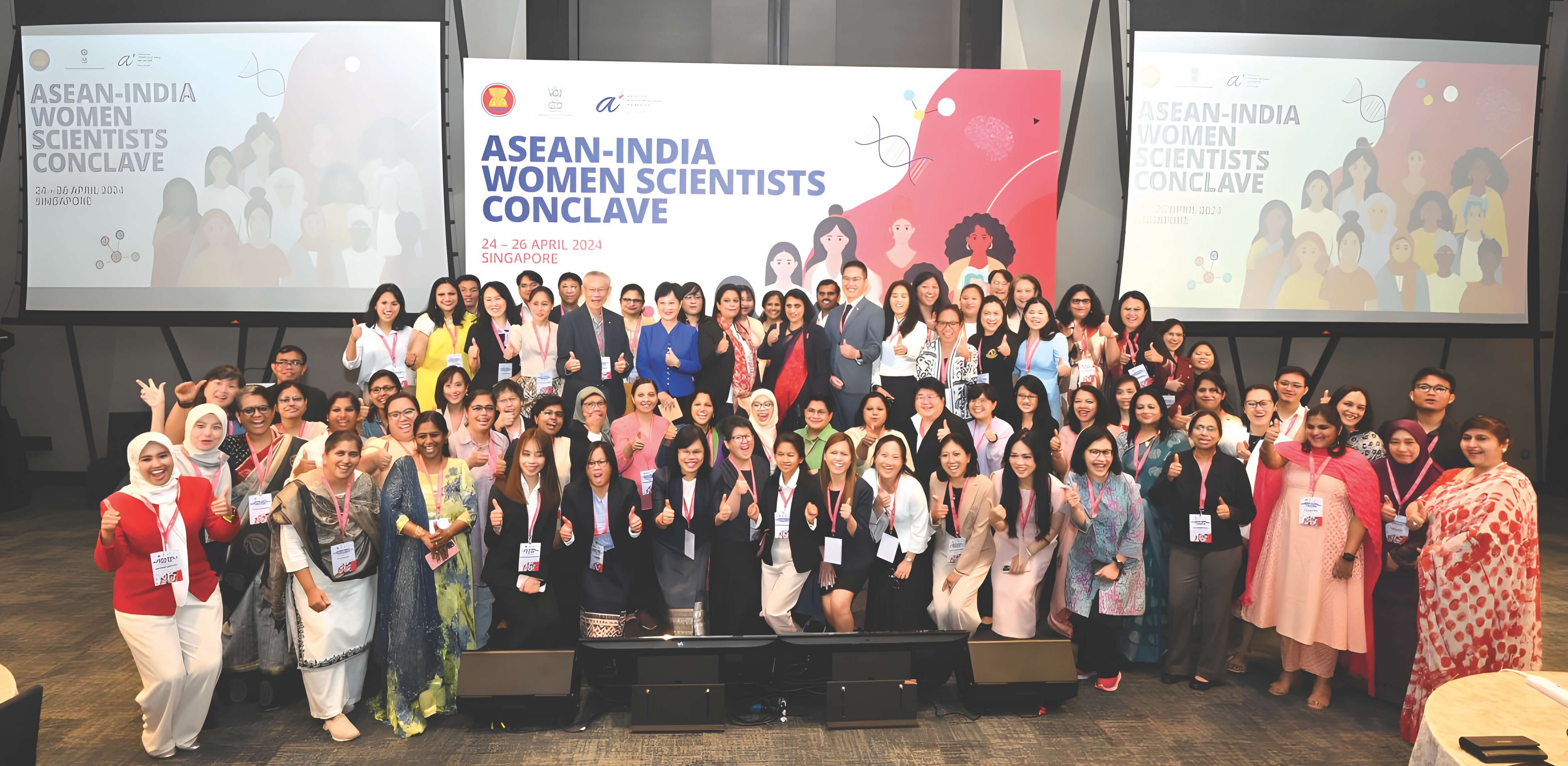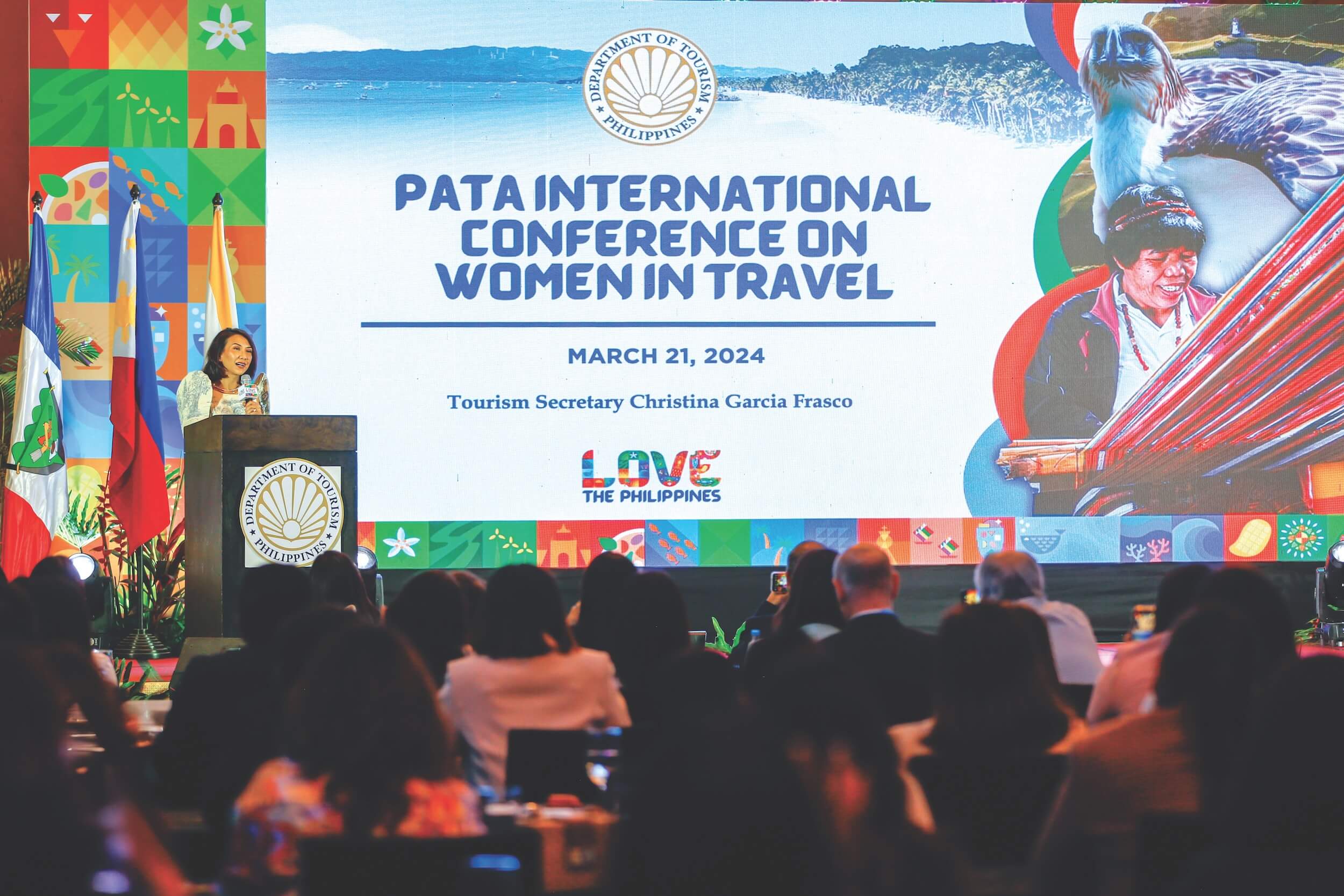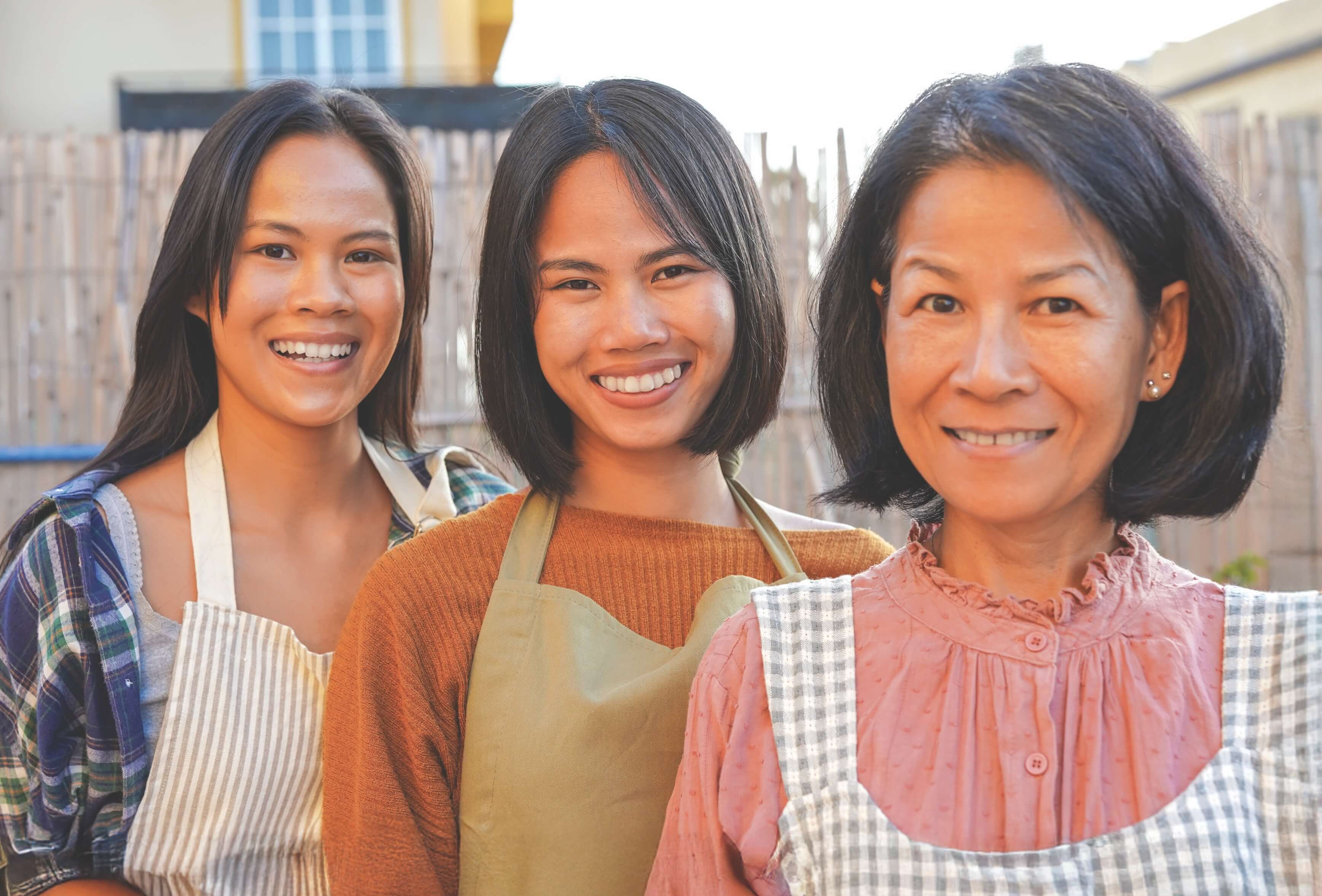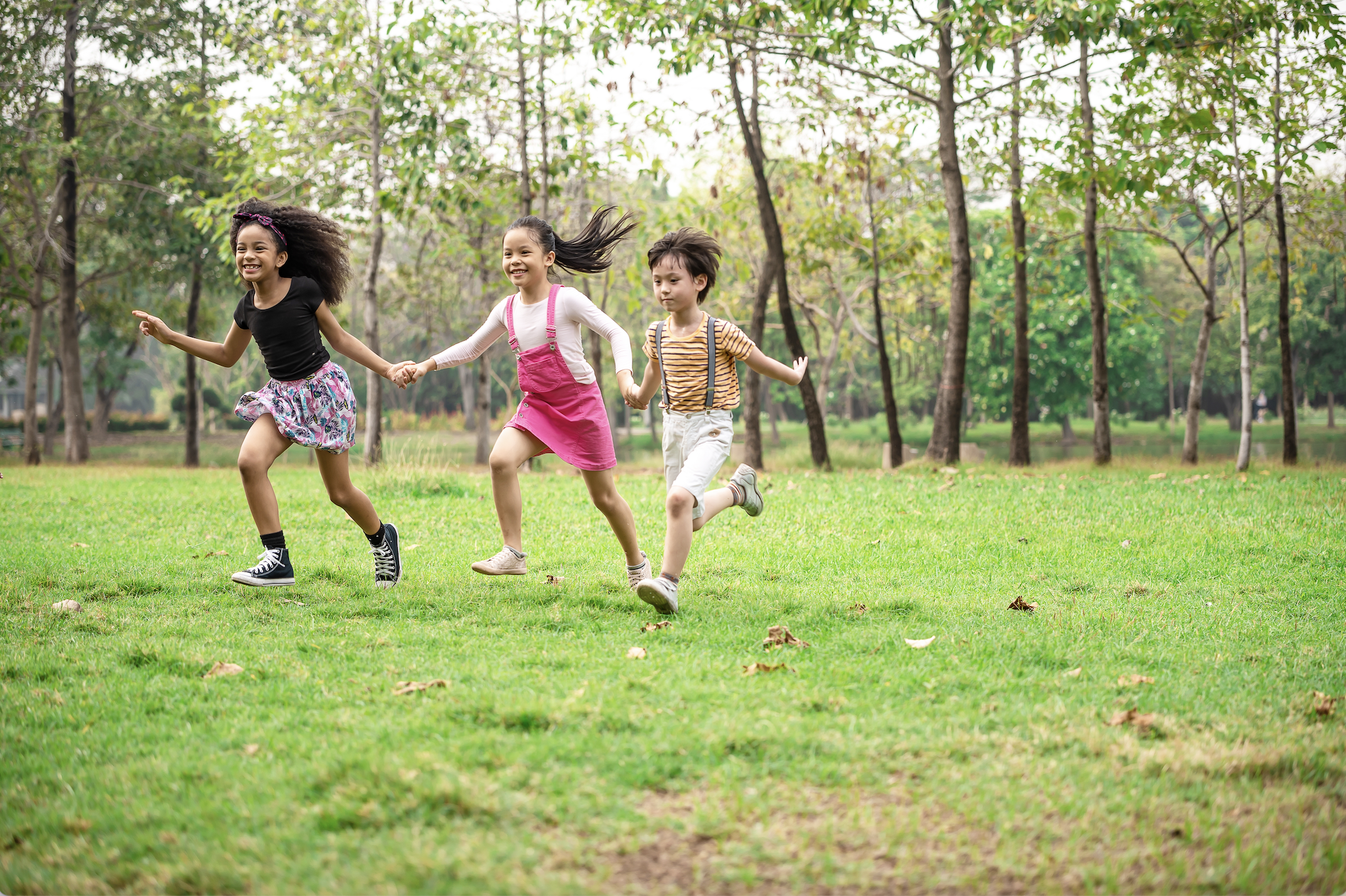



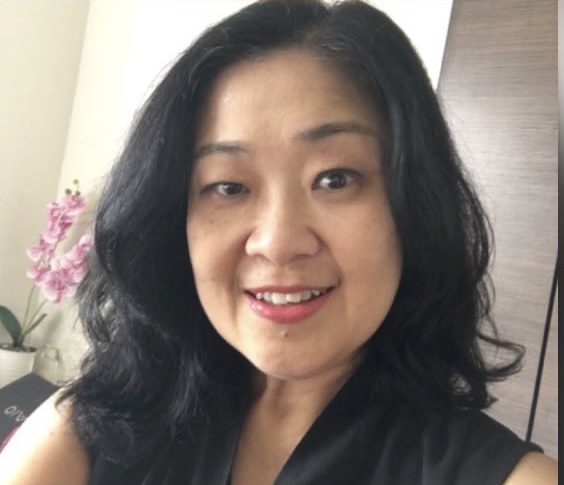
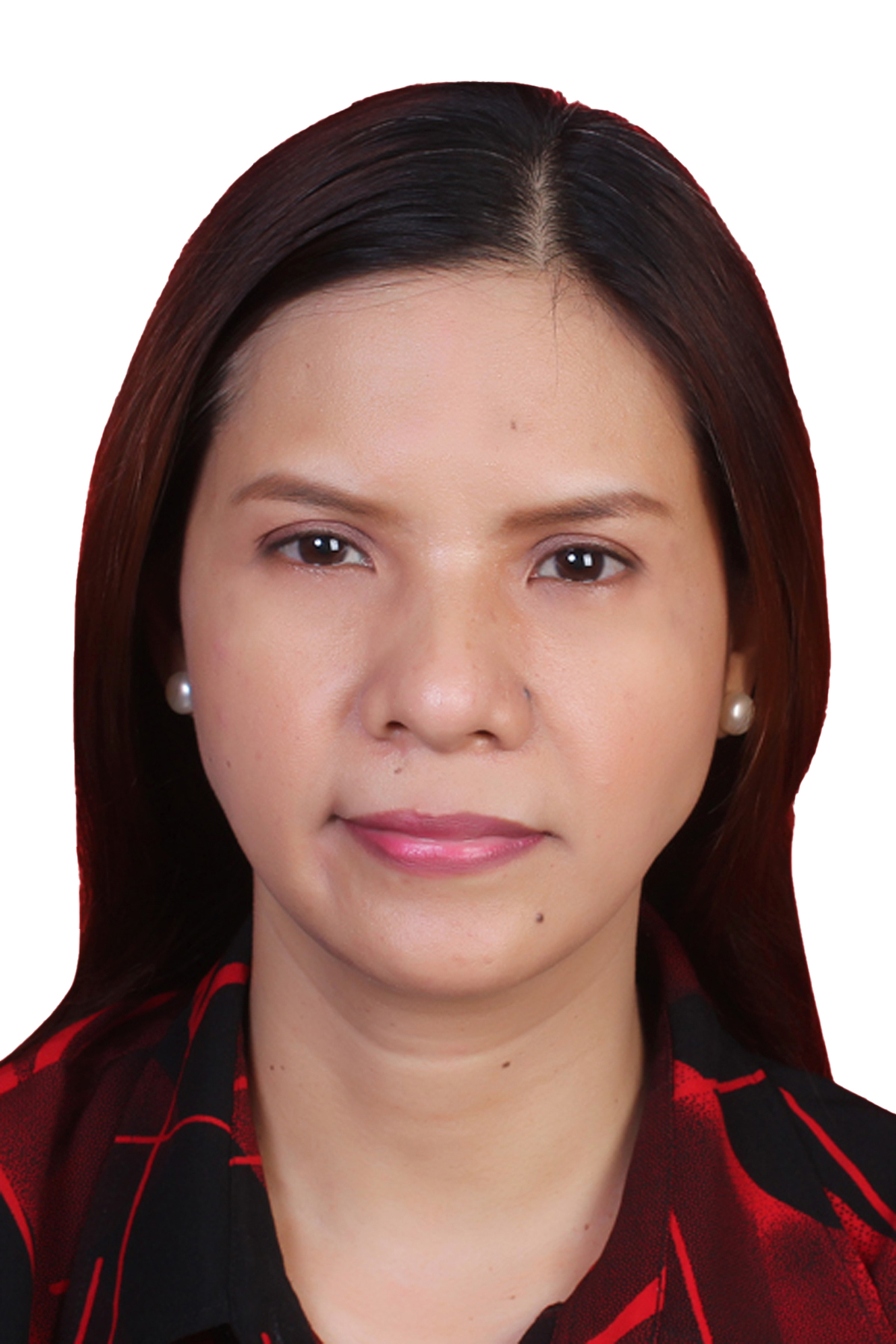
A child shall have the right to Children have the right to think for The ASEAN Ministers of Social Welfare and freedom of expression; this right shall include freedom to seek, receive and impart information and ideas of all kinds, regardless of frontiers, either orally, in writing or in print, in the form of art, or through any other media of the child’s choice. - Article 12, Convention on the Rights of the A Child
All ASEAN Member States are signatories to the Convention on the Rights of the Child (CRC) and are duty bound to honour these rights. Articles 12 and 13 of CRC, in particular, assure that children can express their views freely in all matters affecting them.
Children have the right to think for themselves and form opinions about solutions to problems. They also have the right to be protected from harm if they express criticism, challenge the views of those in positions of power, or take action to promote and protect their human rights.
Adults are responsible for recognising and respecting children’s rights to participate, listening to them, taking their views seriously, supporting their initiatives, and ensuring their protection and safety.
ASEAN believes in developing the self- esteem and autonomy of children and young people and nurturing their capacity to communicate views and opinions. The strong commitment of ASEAN towards children has been enshrined in several declarations and actions.
The ASEAN Ministers of Social Welfare and
freedom of expression; this right shall include freedom to seek, receive and impart information and ideas of all kinds, regardless of frontiers, either orally, in writing or in print, in the form of art, or through any other media of the child’s choice.
– Article 12, Convention on the Rights of the AChild
ll ASEAN Member States are signatories to the Convention on the Rights of the Child (CRC) and are
duty bound to honour these rights. Articles 12 and 13 of CRC, in particular, assure that children can express their views freely in all matters affecting them.
themselves and form opinions about solutions to problems. They also have the right to be protected from harm if they express criticism, challenge the views of those in positions of power, or take action to promote and protect their human rights.
Adults are responsible for recognising and respecting children’s rights to participate, listening to them, taking their views seriously, supporting their initiatives, and ensuring their protection and safety.
ASEAN believes in developing the self- esteem and autonomy of children and young people and nurturing their capacity to communicate views and opinions. The strong commitment of ASEAN towards children has been enshrined in several declarations and actions.
Development adopted the Declaration on the Commitments for Children in ASEAN (2001) to reaffirm ASEAN’s commitment to promoting children’s rights and improving their vulnerable conditions. The coverage highlights children in poverty and those belonging to indigenous groups, encourages mutual sharing of information on the child’s rights by ASEAN members, and takes into account children from different religious, cultural and social backgrounds.
On October 28, 2010, the ASEAN Leaders adopted the Ha Noi Declaration on the Enhancement of Welfare and Development of ASEAN Women and Children, which created a groundbreaking avenue for children’s voices. The declaration helped establish the ASEAN Commission on the Promotion and Protection of the Rights of Women and Children (ACWC), and marked a regional milestone for children’s right to participation.
The ASEAN’s Children Forum
The ASEAN Children’s Forum (ACF) is a regional meeting of children organised to promote children’s rights and provide a platform for them to share their thoughts and suggestions on issues that affect them. The ACF is a biannual regional platform hosted by a Member State on a rotational basis. It is held before the Senior Officials Meeting on Social Welfare and Development (SOMSWD) for that year. Indonesia is the forum’s host in 2022.
The first ACF was held in the Philippines from 19 to 22 October 2010. Thirty-two children delegates aged 12 to 18, representing the 10 Member States of the ASEAN, participated in the first forum. Seven of the delegates were children with disabilities.
Adult chaperones served as mentors and translators for the children during the event to adhere to child protection policies. The children were given ample time to speak about various concerns, such as HIV/AIDS, online communication and internet use, the environment, poverty, child labour, opportunities for children with disabilities, and children’s participation.
The ACF consolidates the children’s concerns and recommendations, which are then presented to the SOMSWD and AMMSWD for consideration.
In the last ACF convened by Cambodia in 2020, discussions revolved around the theme, “Impact of COVID-19 and the Current Situation of Children.” The delegates were able to voice concerns about the disproportionate impact of the COVID-19 pandemic on their generation. In addition, they discussed the pandemic’s effects on children’s well-being, particularly their physical and mental health, education, and their families’ livelihoods.
The forum provided the ASEAN children with an opportunity to propose recommendations on providing support for children, especially the most vulnerable ones, and put forward the children’s best interests during the pandemic and beyond. The proposals were addressed to their fellow children, parents, communities, schools and educators, government officials, and non-governmental organisations.
Indonesia is leading the conduct of the 7th ACF under the theme, “Building a Digital Resiliency for ASEAN Children,” through a series of events with children from August through November this year. With the support of the ASEAN Secretariat, the outcomes of the forum will be shared with other relevant ASEAN Sectoral Bodies, particularly the Senior Officials Meeting on Youth (SOMY), ASEAN Commission on the Promotion of the Rights of Women and Children (ACWC), ASEAN Committee on Women (ACW), and Senior Officials Meeting Responsible for Information (SOMRI), among others, for information sharing, coordination, and support in promoting and protecting children’s rights in the virtual world.
Meaningful participation and challenges
In addition to the ACF, children and youth’s participation in developing the Regional Plan of Action on Implementing the Declaration on the Rights of Children in the Contextof Migration (RPA CCM) was noted at the 38th and 39th ASEAN Summits in 2021. Under the leadership of ACWC Thailand, it was presented at the Side Event of the International Migration Review Forum from 17-20 May 2022.
The vigorous implementation of the Regional Plan of Action on the Elimination of All Forms of Violence Against Children (RPA EVAC) under the leadership of ACWC and SOMSWD is another crucial milestone forASEAN. However, there is a growing concern about the migration and displacement of children within the region. Children on the move and those left behind by migrant parents are at greater risks and increased vulnerabilities. They face stigma and discrimination, causing profound harm to their well-being and prohibiting them from achieving their fullest potential.
ASEAN children performed an important role in the drafting of the RPA CCM. The ACWC provided the forum for the children and youth’s dialogue throughout the whole process of the RPA CCM development. In the International Migration Review event in 2022, children and youth expressed that their involvement has stimulated their feeling of ownership and kept the vibrancy in its implementation.
Children should be treated with dignity. Their views should be listened to and respected in the same way as those of adults. Children often want to participate but are usually not allowed to by adults due to cultural and social perceptions of children lacking skills and inability to express their thoughts. There is also a fear that children may become too independent and disrespectful of adults.
Way forward
Involving children in planning activities for their well-being and getting adults to examine their roles concerning children are crucial first steps to ensure the quality of children’s participation.
ASEAN dialogue platforms develop positive relationships with children, beginning with fun activities that allow opportunities for light-hearted interaction to create shared memories. Allowing space for meaningful conversations will enable children and adults to improve the quality of their relationships. Children cannot respond meaningfully to social issues unless they are first allowed to learn about and understand them.
Essential to empowering children’s participation—to realise their rights and build their future resilience—is developing the capacities of social workers and the broader social service workforce, especially the pandemic frontliners, to promote this participation. ASEAN robustly pursued the Roadmap for the Implementation of the Ha Noi Declaration on Strengthening Social Work Towards a Cohesive and Responsive ASEAN Community, with the children’s best interest at the heart of its implementation.
Led by SOMSWD and ASEAN Social Work Consortium, ASEAN is developing the Regional Guidance on the Role of Social Work and Social Service Workforce Strengthening in different settings for notation at the 40th and the 41st ASEAN Summits this year. It will enable policymakers and practitioners to gain deeper insights into delivering quality programming and service, including efforts to promote children’s participation.




